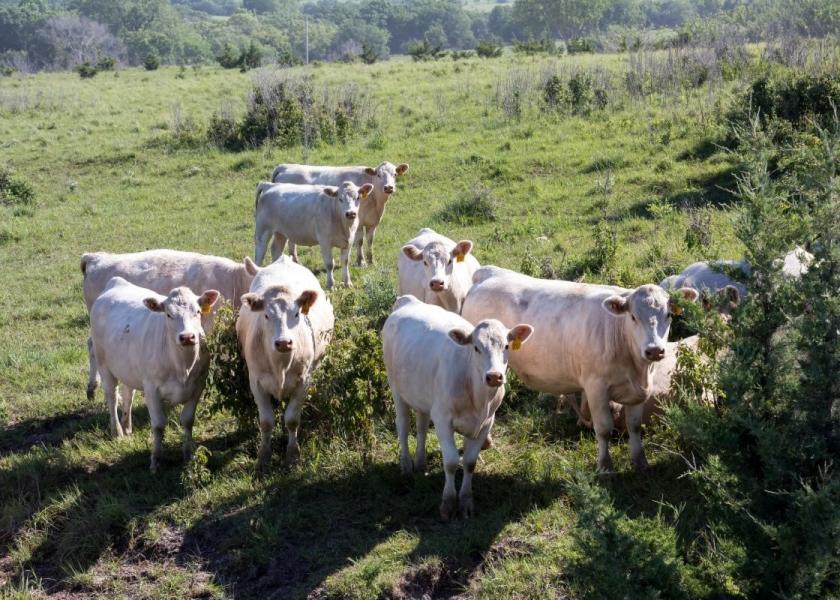FSIS and ARS Implement Exploratory Sampling Program for Antibiotic Residues

FSIS, in partnership with USDA’s Agricultural Research Service (ARS), is starting a new exploratory sampling program to assess whether antibiotics residues are detected in cattle intended for the “raised without antibiotics (RWA)” market.
As USDA announced in June, this sampling program is part of the agency's multi-step effort aimed at strengthening the substantiation of animal-raising claims. The agency says this effort builds on the significant work USDA has already undertaken to protect consumers from false and misleading labels and to implement President Biden’s Executive Order on Promoting Competition in the American economy.
Sampling instructions for the program were issued in FSIS Notice 48-23. Establishment eligibility for sampling was determined based on information collected by an establishment profile questionnaire through FSIS Notice 36-23, Questionnaire for Raised without Antibiotics Special Labeling Claims on Beef. Eligible establishments are those that slaughter cattle and are producing products that bear RWA claims such as “No Antibiotics,” “No Antibiotics Ever,” “Raised Without Antibiotics,” “Antibiotic Free,” “No Antibiotics Administered,” or related claims.
FSIS will collect liver and kidney samples from eligible cattle, and ARS will analyze the samples using a method that targets more than 180 veterinary drugs from various major classes of antibiotics. If antibiotic residues are detected, FSIS will issue a letter to the establishment concerning the sample results and will advise the establishment to conduct a root cause analysis and take actions to prevent misbranded product in commerce. If an establishment does not receive a letter, their test results are negative and consistent with the labeling claim.
The results of this sampling will help inform whether FSIS should require that laboratory testing results be submitted for the “raised without antibiotics” claim or whether the agency should start a new verification sampling program.







